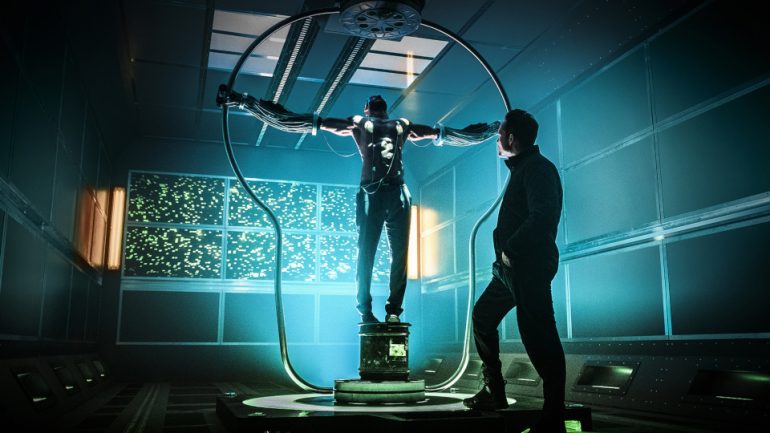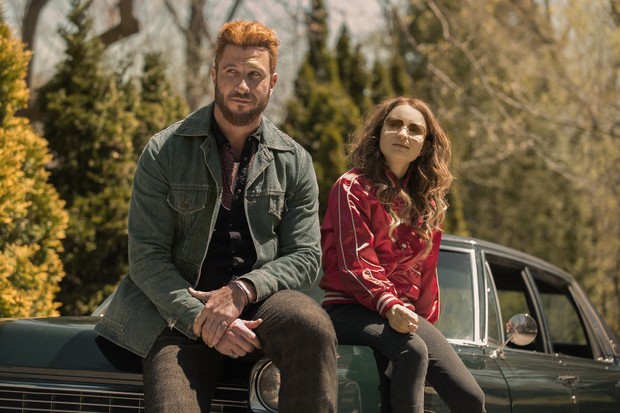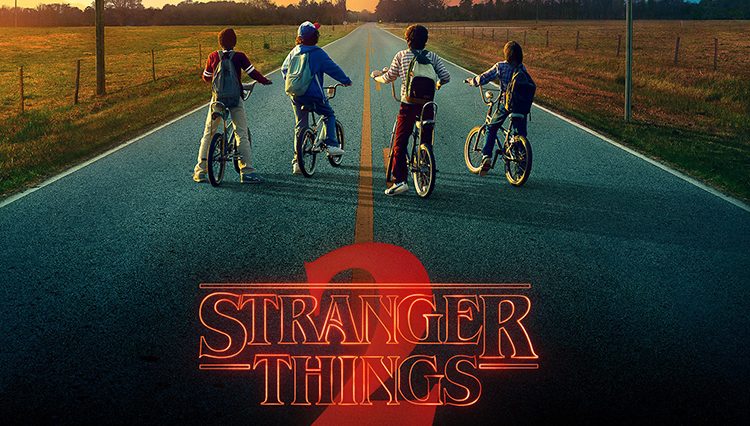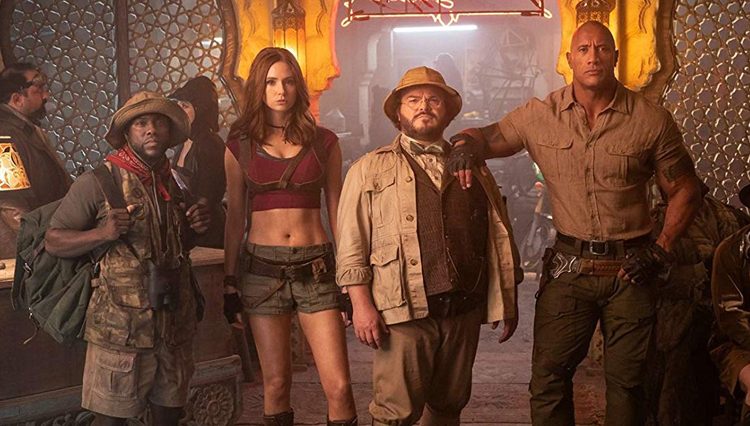“Devil’s in the details,” warns Mad Sweeney (Pablo Schreiber), late in Season 2 of American Gods. It’s a lesson that shows itself could stand to learn. While the first half of the season was marked by its lack of direction, the second half seems to have rediscovered it somewhat. Unfortunately, the direction has come at the expense of what little precision American Gods still possessed. Things have started happening, exciting things at that. But the storytelling has become even more haphazard, bouncing from plot point to plot point with manic energy.
This is in part due to the course correction American Gods embarked upon in Season 2. Anyone who has read the book will know that it took major liberties with the source material, remixing, removing, and adding entire chunks of storytelling. The reveal that Mr. Wednesday (Ian McShane) is Odin, for example, happens much later in the book. It’s this extensive creative license that got original showrunners Bryan Fuller and Michael Green fired. Author of the book Neil Gaiman stepped in to help guide the showrunner-less second season, helping returnAmerican Gods to the source material. Despite Gaiman’s best efforts, American Godshas spent the entirety of its second season in Fuller’s shadow.

Episodes six and seven, the two best of the season, both mimic the format of “A Prayer for Mad Sweeney” from Season 1, wherein the majority of the action takes place in flashback and anecdote. However, mimic is the best these episodes— “Donar The Great” and “Treasure of the Sun” can do— with neither managing to find the spark of singularity that made “A Prayer for Mad Sweeney” the storytelling triumph that it was. In both cases, you can feel the plot taking its toll on the quality of the story, with sacrifices being made to keep American Gods’ plot closer to the book.
The fact of the matter is that due to Fuller and Green’s storytelling choices the series and the book are fundamentally different creatures. The book hinged on the reveal of Mr. Wednesday as Odin, with the structure being akin to the coin tricks that Shadow Moon (Ricky Whittle) plays. The book made you think it was telling one story when it was really telling another. With the identity of Mr. Wednesday revealed early the series cannot function as it does in the book. Fuller and Green had a different vision for the series, one that Gaiman and co. either do not understand or refuse to honor. This decision comes at the expense of the show’s quality across the board.

American Godsis always at its most propulsive when Mr. Wednesday and Shadow are on the road, something that they are infrequently in Season 2. Instead, they (as well as a host of other characters) spend the latter half of Season 2 at the Cairo funeral house, unmoving both literally and narratively. The war that Mr. Wednesday promised has yet to arrive. The death of Zorya Vechernyaya was meant to spark conflict, yet there is none. The Old God’s “gather their forces” the New God’s posture and squabble amongst themselves.
Plotlines are dropped. The famine Easter created is ignored, characters are introduced only to be forgotten or killed with little thought. Existing characters are constantly short-changed in terms of writing. Salim (Omid Abtahi) remains with the Old Gods, when they ask him why he doesn’t give an answer, the show doesn’t seem to have one. Bilquis (Yetide Badaki) lacks any purpose, floating in and out of scenes without consequences. Laura Moon (Emily Browning) remains the show’s most interesting character, but that is due entirely to Browning’s pathos and the work done establishing her in Season 1. By the time Season 2 concludes Laura has ‘done’ a lot, but the writers are unwilling to let any of her actions have lasting consequences for herself or others.

Even Shadow is underserved by Season 2. For seven episodes he is sidelined, being moved away from the action rather than allowing to participate (never where you want your protagonist). In the season’s final episode, “Moon Shadow”, he is finally allowed to participate. The result is a status quo changing event, that pushes the series back into the uncharted territory that made season 1 such a treat. But it’s too little too late at that point.
American Godsremains one of the most original and transgressive programs on television, but Season 2 is a waste of everything the show has to offer. By the time Season 2 concludes it’s hard to feel that everything that occurred could not have happened in two or three episodes rather than eight. It’s a labor that makes it difficult for even the most devout fan to maintain their faith.
“Keep moving. We’re going to win,” assures Mr. World (Crispin Glover) in the final episode of the season. While that line is directed at the New Gods, it’s hard to feel that it’s not also aimed at the audience. With a new showrunner finally on board and the series ending with a compelling twist, American Godsmight finally be back on track.
I hope so because right now Mr. World’s claim couldn’t feel further from the truth.




